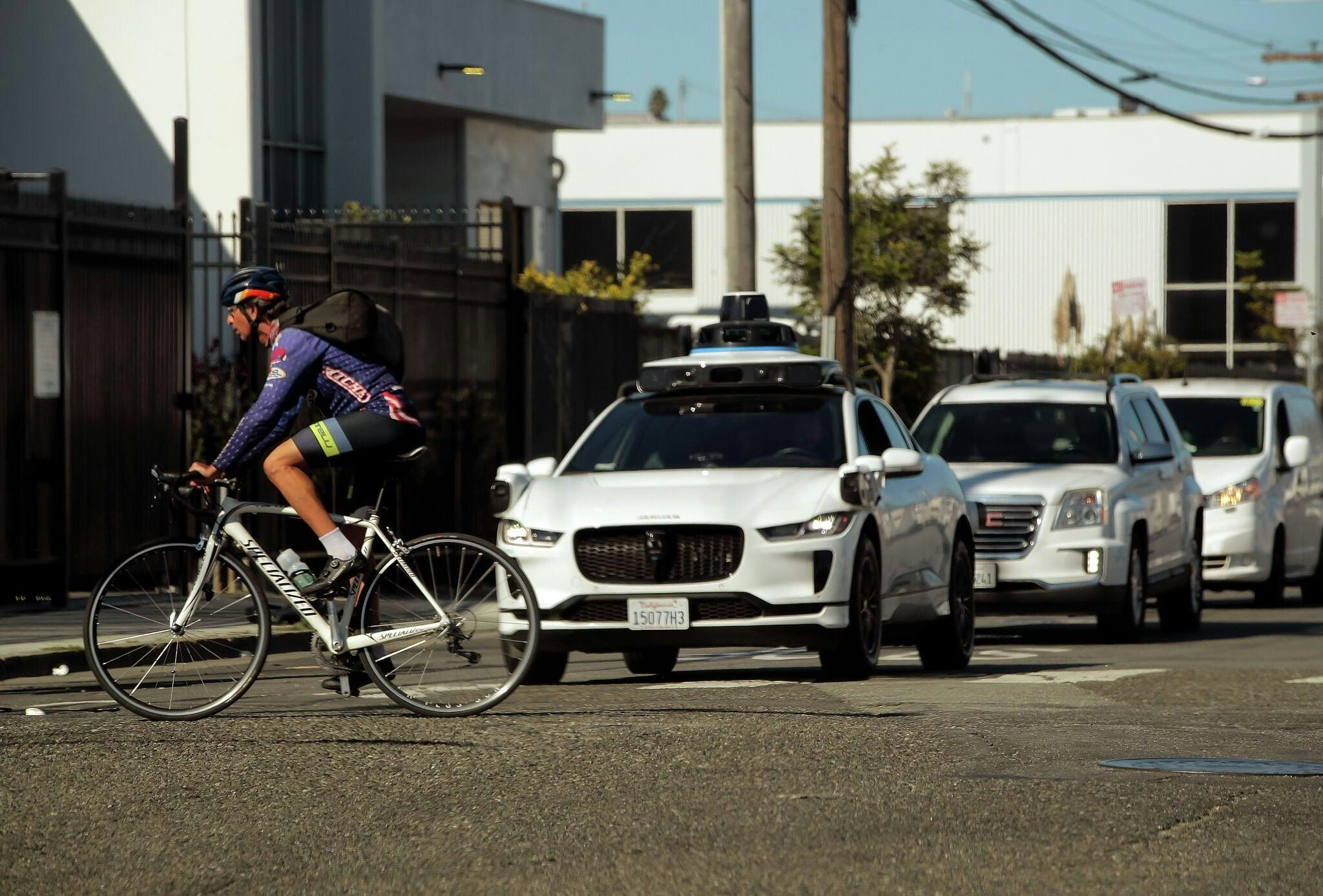AeroGenie — Your Intelligent Copilot.
Trending
Categories
GE, Nvidia, and Tesla Lead Advances in Aviation, AI, and Robotaxis

GE, Nvidia, and Tesla Lead Advances in Aviation, AI, and Robotaxis
Three prominent American corporations—GE Aerospace, Nvidia, and Tesla—are at the forefront of transformative technological developments poised to reshape the aviation, computing, and transportation industries. According to a recent analysis by The Motley Fool, each company is addressing critical inefficiencies within their respective sectors through innovative engineering, with the potential to revolutionize operations and unlock substantial value for investors.
Reimagining Aviation Propulsion
GE Aerospace, in partnership with Safran through their joint venture CFM International, is advancing the Revolutionary Innovation for Sustainable Engines (RISE) program. This next-generation jet engine incorporates an open-fan design that exposes the fan blades, enabling up to a 20% improvement in fuel efficiency alongside reduced emissions. Such advancements are particularly significant for an aviation industry facing increasing environmental pressures. The RISE engine also holds promise for hybrid-electric propulsion, combining turbine and electric power to optimize shorter flights. If successfully implemented, this technology could significantly lower airline operating costs and facilitate the adoption of sustainable aviation by the mid-2030s. Additionally, industry experts highlight potential military applications, which may broaden GE’s market opportunities.
Despite these promising developments, GE confronts challenges beyond the technical realm. Market reactions to earnings reports and evolving investor sentiment could influence the company’s trajectory. Execution risks, technological complexities, and intense global competition remain formidable obstacles as GE strives to pioneer greener aviation solutions.
Powering the AI Revolution
Nvidia is playing a pivotal role in transforming data center operations amid the escalating demand for artificial intelligence. Its Blackwell platform is designed to enhance computational power while reducing energy consumption, addressing the significant strain AI training imposes on global power grids. The Motley Fool notes that Nvidia’s chips have the potential to reduce data center costs by three to four times, thereby making AI infrastructure more accessible and scalable. With projections indicating that U.S. data centers could consume up to 8% of national electricity by 2030, Nvidia’s innovations may convert energy-intensive facilities into more efficient digital hubs.
Nonetheless, Nvidia’s leadership position carries inherent risks. Recent earnings reports have led to modest declines in its stock price and those of related AI-focused companies, reflecting a degree of investor caution. The company’s revenue remains concentrated among a limited number of key clients, which introduces vulnerabilities despite its strong market position and the expanding AI infrastructure sector.
Shifting Gears in Mobility
Tesla continues to redefine the automotive landscape through its advancements in autonomous driving and robotaxi technology. Utilizing its Full Self-Driving software and the forthcoming Cybercab, Tesla is transitioning toward a mobility-as-a-service model, with future revenue streams increasingly dependent on software rather than hardware sales. The company’s ambitions for unsupervised autonomy have the potential to disrupt established ride-hailing services and generate substantial high-margin income from self-driving fleets.
However, Tesla faces growing regulatory scrutiny and market volatility. Recent safety investigations and a $243 million liability ruling have exerted downward pressure on its stock. Additionally, declining global electric vehicle sales and intensifying competition from legacy automakers such as General Motors and Ford present significant challenges to Tesla’s long-term dominance in the electric vehicle market.
Navigating Uncertainty
The advancements pursued by GE, Nvidia, and Tesla exemplify a broader trend of American innovation focused on sustainability and efficiency. As GE pushes for cleaner aviation, Nvidia drives smarter computing, and Tesla advances autonomous mobility, these developments could have far-reaching effects on global supply chains. Yet, the ultimate success of these companies will depend on their ability to navigate execution risks, regulatory challenges, and shifting investor sentiment in an increasingly competitive and rapidly evolving environment.

Emirates Unveils Cabin Design for New Boeing 777X

Eighteen Years On, the Airbus A380 Remains Central to a $34 Billion Airline

How a boom in luxury airline seats is slowing down jet deliveries

Navitaire Outage Attributed to Planned Maintenance

DigiYatra Debuts Outside Aviation at India AI Impact Summit

Vietnam Orders Strengthen Boeing’s Commercial Outlook

Airbus Signals Uncertainty Over Future A400M Orders

JobsOhio Awards $2 Million Grant to Hartzell Propeller for Innovation Center

Collins Aerospace Tests Sidekick Autonomy Software on YFQ-42A for U.S. Air Force CCA Program

How the Airbus A350-1000 Compares to the Boeing 777
